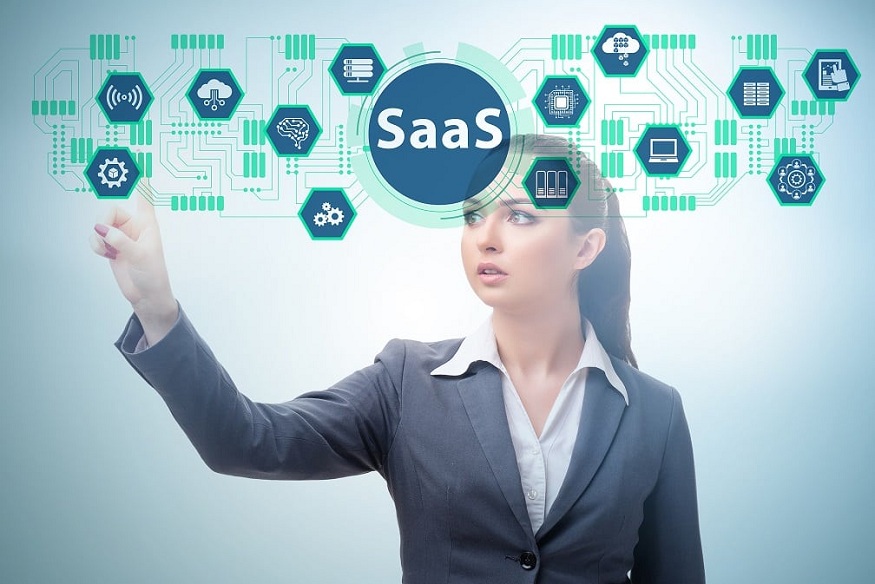In the competitive world of software-as-a-service (SaaS), understanding what works—and replicating success—is essential for growth. SaaS marketing agencies have the expertise to craft strategies that drive user acquisition, retention, and revenue. By studying real-life case studies, software companies can gain insights into proven tactics and adopt them for their own growth.
This article explores some notable SaaS marketing case studies, highlighting strategies that delivered measurable results and can be replicated for your business.
1. Case Study: HubSpot’s Inbound Marketing Success
The Challenge: HubSpot, a leading CRM and marketing automation platform, needed to generate leads consistently and scale its user base.
The Strategy: HubSpot partnered with a SaaS-focused marketing team to implement a comprehensive inbound marketing approach. This included:
- Creating high-quality blog content targeting customer pain points.
- Offering gated resources like eBooks, templates, and webinars to capture leads.
- Using email nurturing campaigns to guide prospects down the funnel.
The Results: HubSpot’s strategy led to a dramatic increase in website traffic, thousands of new leads, and substantial conversion rate growth. By consistently delivering value through content, HubSpot positioned itself as a thought leader in the marketing space.
Key Takeaway to Replicate: High-quality content combined with lead nurturing campaigns can dramatically increase inbound leads and conversions. Focus on solving your audience’s problems, not just selling your software.
2. Case Study: Slack’s Viral Growth Through Product Marketing
The Challenge: Slack, a workplace collaboration platform, needed rapid user adoption while maintaining low marketing spend.
The Strategy: Slack employed a combination of product-led growth and strategic SaaS marketing agency:
- Encouraged word-of-mouth sharing with built-in referral prompts.
- Focused on onboarding experience to demonstrate value immediately.
- Created case studies showcasing productivity improvements for different industries.
The Results: Slack achieved exponential growth without a massive advertising budget. Millions of users adopted the platform organically, and conversion from free to paid subscriptions exceeded expectations.
Key Takeaway to Replicate: A strong product experience combined with strategic marketing and referrals can create viral growth. Make it easy for users to share your software with their peers.
3. Case Study: Zoom’s Rapid User Acquisition During the Pandemic
The Challenge: Zoom, the video conferencing platform, faced the challenge of scaling quickly during an unprecedented global demand spike.
The Strategy: Zoom’s SaaS marketing agency implemented several key strategies:
- Targeted campaigns for remote work and education sectors.
- Used webinars, tutorials, and social proof to demonstrate ease-of-use and reliability.
- Engaged in PR and influencer marketing to highlight real-world success stories.
The Results: Zoom’s active users skyrocketed, growing from 10 million daily meeting participants in December 2019 to over 300 million by April 2020. Their customer retention and brand loyalty also increased significantly.
Key Takeaway to Replicate: Timely marketing that addresses emerging customer needs can lead to rapid growth. Use data-driven insights to identify trends and tailor campaigns accordingly.
4. Case Study: Salesforce’s Account-Based Marketing (ABM) Approach
The Challenge: Salesforce aimed to increase enterprise customer acquisition for its CRM software.
The Strategy: A SaaS marketing agency implemented an ABM strategy targeting high-value accounts:
- Personalized campaigns for decision-makers in large organizations.
- Integrated email, LinkedIn outreach, and content marketing to nurture leads.
- Created custom demos and case studies addressing specific pain points.
The Results: Salesforce successfully converted several enterprise accounts, significantly increasing deal size and revenue per customer.
Key Takeaway to Replicate: ABM works best for SaaS companies targeting enterprise clients. Personalize campaigns for high-value prospects to maximize conversions.
5. Key Lessons Across SaaS Marketing Case Studies
Analyzing these case studies reveals several recurring themes that drive success:
- Data-Driven Decisions: SaaS marketing agencies rely on metrics like CAC, LTV, churn rate, and conversion rates to refine campaigns.
- Content as a Growth Engine: Blogs, webinars, and tutorials attract, educate, and convert users effectively.
- Product-Led Growth: Making the software intuitive and shareable accelerates adoption.
- Personalization and ABM: Tailoring campaigns to target audiences increases engagement and ROI.
- Timely Marketing: Responding to market trends and user needs ensures relevance and boosts adoption.
How to Replicate These Results
To replicate the success of top SaaS companies, consider these steps:
- Partner with a Specialized SaaS Marketing Agency: Agencies have the expertise and tools to design growth-focused strategies.
- Analyze Your Audience: Understand pain points, preferences, and behavior to craft targeted campaigns.
- Leverage Multiple Channels: Combine content marketing, email nurturing, social media, and paid ads.
- Optimize the Conversion Funnel: Focus on onboarding, trial-to-paid conversion, and user retention strategies.
- Measure and Iterate: Continuously track KPIs and adjust campaigns for maximum efficiency.
Conclusion
SaaS marketing agencies can deliver measurable results by combining expertise, creativity, and data-driven strategies. By studying real-world case studies from companies like HubSpot, Slack, Zoom, and Salesforce, software businesses can uncover replicable tactics to drive growth.
Whether it’s leveraging content marketing, implementing product-led growth, or executing account-based campaigns, these strategies can be tailored to fit your software, audience, and market. Partnering with a SaaS marketing agency not only accelerates growth but also equips your business with the tools and insights to sustain it in the long term.




